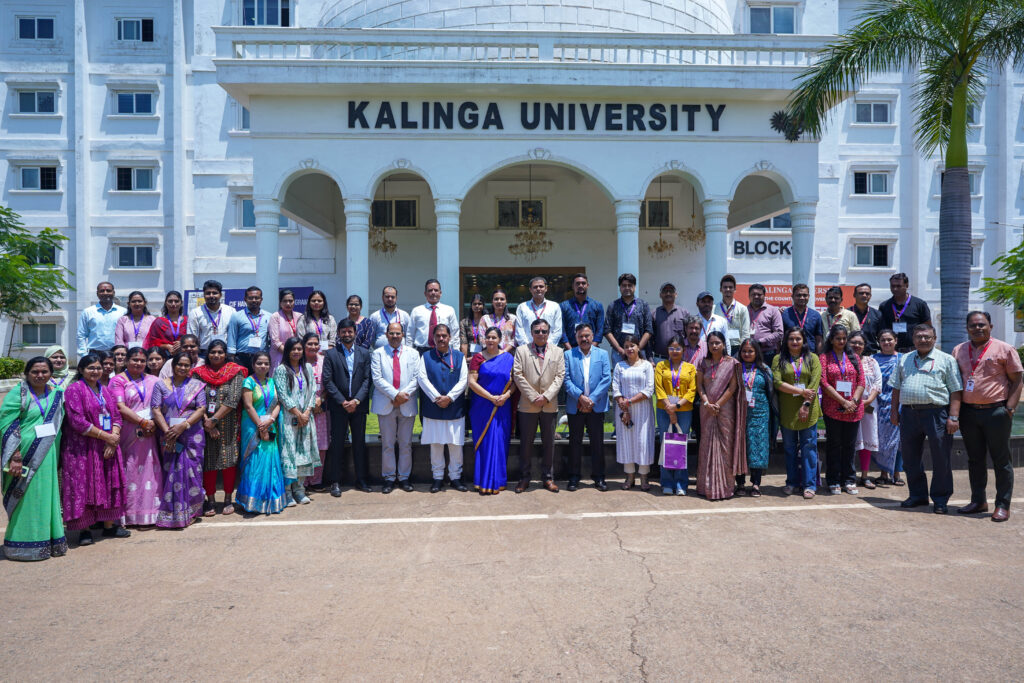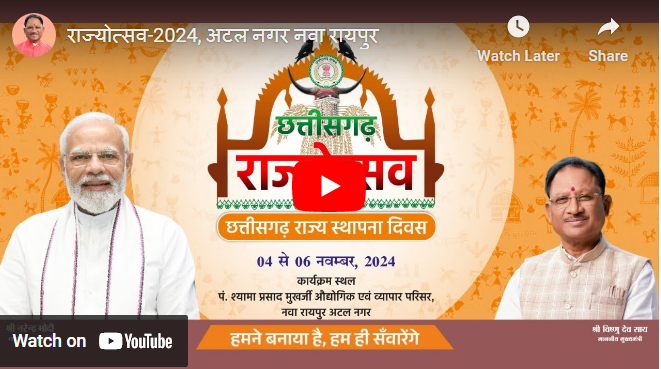Raipur (thestates.news) |DELNET–Developing Library Network, New Delhi, in collaboration with Kalinga University, Naya Raipur, organized a One-Day Regional Workshop on “Transforming and Empowering Libraries, LIS Professionals and Users: Emerging Trends” on Saturday, August 30, 2025.
About DELNET- Developing Library Network, New Delhi is a major resource sharing library Network in India connecting more than 9500 institutions in 28 States and 8 Union Territories in India and few other countries comprising of Universities, Colleges, R&D organizations, medical hospitals, etc. The main objectives of DELNET is to promote resource sharing among the Member-Libraries by collecting, storing and disseminating information and by offering networked library services to users; to undertake research in the area of information science and technology, offer technical guidance to Member-Libraries;

coordinate efforts for suitable collection development; facilitate and promote Inter Library Loan and delivery of documents, etc.The workshop was held at the Kalinga University, Naya Raipur. The program was inaugurated with the lighting of the lamp by the dignitaries. Dr. Sandeep Gandhi, Registrar, Kalinga University welcomed all the participants by taking forward the session and elaborating on the ancient Indian knowledge system by mentioning the ancient libraries and how books were collected in those times. The insights provided by Dr. Gandhi, on the ancient Indian knowledge system filled the audience with pride about their long-standing knowledge system.
The Chief Guest of the event was Dr. R. Shridhar, Vice Chancellor, Kalinga University, the distinguished guest were Dr. Sangeeta Kaul, Director, DELNET, New Delhi, Dr. Anil Kumar Sharma, University Librarian, from Guru Ghasidas Central University, Bilaspur. The keynote speaker was Mr. Jayanna Belavadi, CEO, DrillBit, Soft Tech India Pvt. Ltd.
Dr. Sangeeta Kaul shed light on DELNET, explaining that it is the largest library networking platform in South Asia, with 9,400 libraries connected through this network. These 9,400 libraries allow faculty, students, and researchers to request any document, both online and offline. Offline documents can be read for up to one month before being returned. Encouraging maximum students to use this is a revolutionary step for Indian universities, with Kalinga University contributing to the overall development of its students by utilizing it for several years. As a result,
the library’s research output is significantly high.
Dr. R. Shridhar shared his opinions on how DELNET has made a better database available for the students for their research and shed light on ways to utilize it. He also added that Libraries are recognized as the source for providing authentic information in today’s time, as there is a significant lack of authentic information, making it very rare to find good resources and appreciated Dr. Kaul for organizing a top-notch workshop by DELNET and for presenting herself in front of the academics for the talk.
The Keynote Speaker Mr. Jayanna Belavadi, CEO, DrillBit, Soft Tech India Pvt. Ltd. shared valuable insights on academic integrity and informed that more than 2000 Higher Educational Institutions of India and more than 14 foreign countries are using the services of DrillBit for Plagiarism detection.
The program was concluded with the Vote of Thanks by Dr. Mohammad Nasir, Professor and Head–University Library, Kalinga and the Workshop Coordinator, by expressing gratitude to the library heads, students, teachers, chief advocates, distinguished advocates, and esteemed guests for participating in the workshop.
The workshop brought together librarians, library professionals, researchers and academicians to discuss new tools, technologies, and services that can strengthen libraries in the digital era. The session covered issues like academic integrity, plagiarism, and modern approaches to library automation.
Kalinga University remains committed to organizing such knowledge-sharing events to foster academic excellence and professional development. Hosting this regional workshop reflects the University’s commitment to promoting innovation and knowledge sharing among professionals and scholars.










